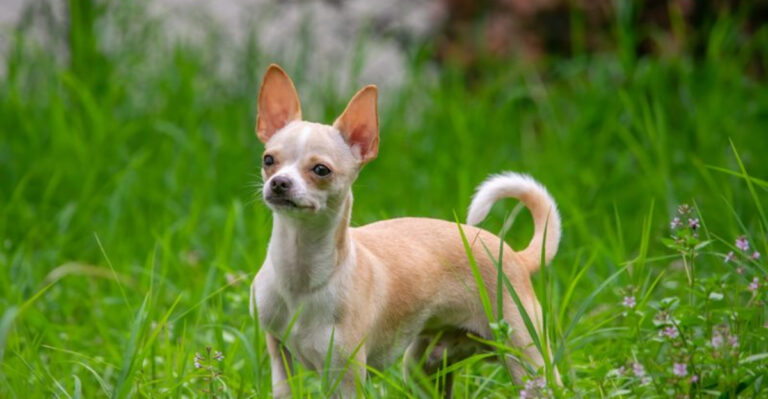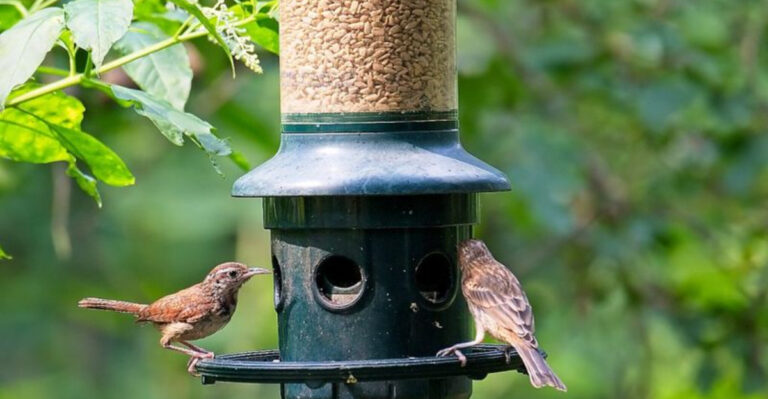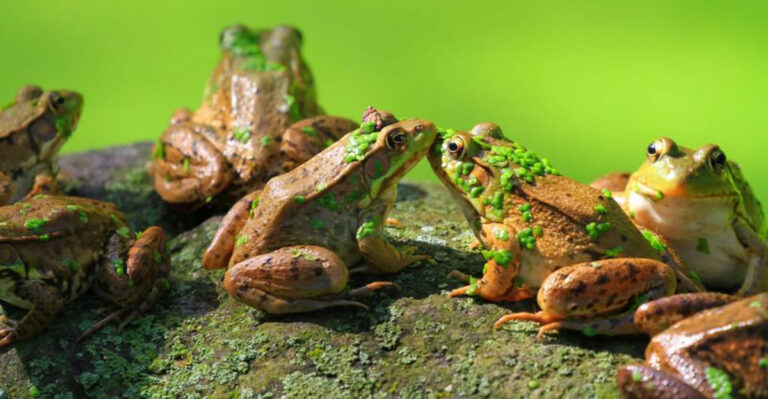14 Smells That Deer Just Can’t Stand
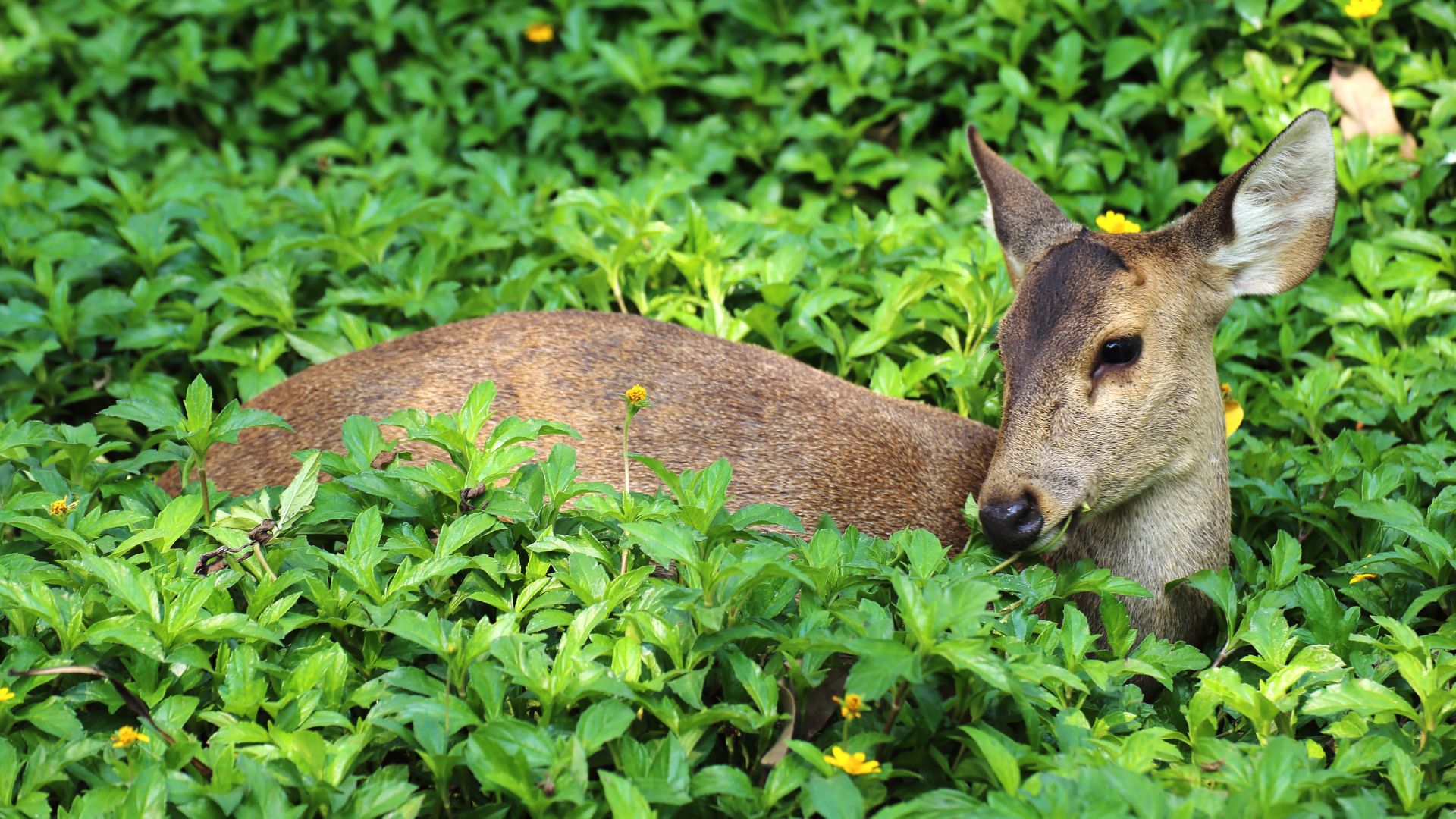
Deer are highly sensitive creatures, and their keen sense of smell plays a crucial role in detecting predators and finding food. However, there are certain scents that deer simply can’t tolerate, which can be used to deter them from invading gardens, crops, or other areas.
Whether you’re looking to safeguard your garden or keep deer away from your yard, these smells can help you maintain a deer-free space.
1. Garlic

Garlic, a staple in many culinary dishes, is a scent that deer absolutely despise. Imagine walking through a garden and suddenly being hit by the potent aroma of freshly minced garlic. To humans, it might evoke thoughts of a delicious pasta sauce, but for deer, it’s a different story. The pungent smell overwhelms their senses, creating an invisible barrier that keeps them at bay.
Gardeners have long used garlic as a natural deterrent, planting it strategically among vulnerable flowers and vegetables. This technique not only helps in keeping the deer away but also enhances the flavor profile of home-grown produce. It’s a win-win for garden enthusiasts!
2. Lavender
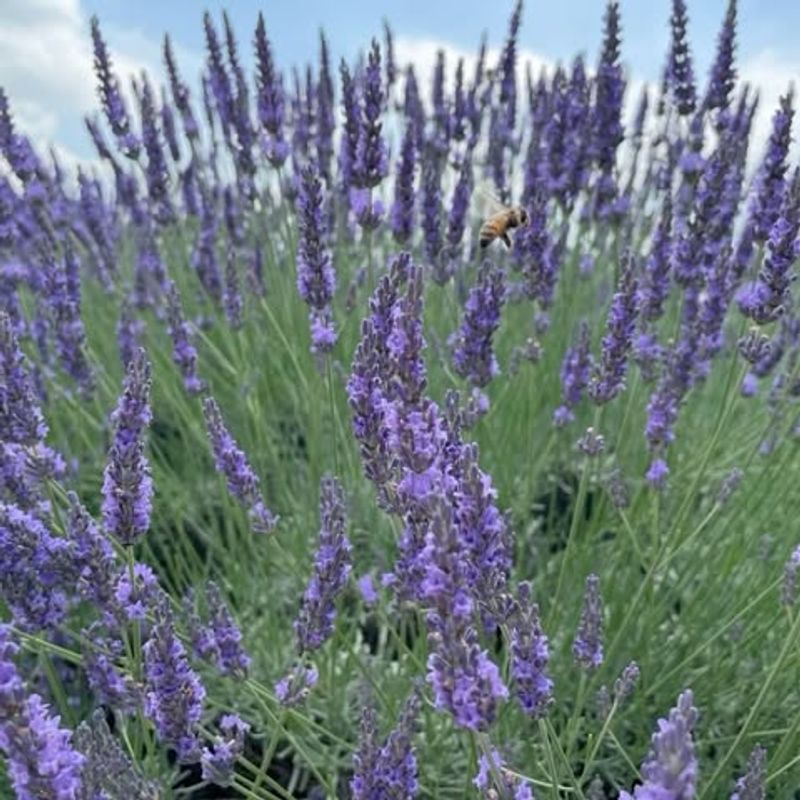
Lavender, known for its calming properties and delightful aroma, surprisingly makes deer uneasy. While humans might find this scent relaxing and therapeutic, deer perceive it as a signal to steer clear. The intense fragrance of lavender disrupts their olfactory senses, creating discomfort and prompting them to avoid areas where it’s prevalent.
Many gardeners find lavender an ideal addition to their landscapes not only for its beauty and scent but also as a natural deer repellent. Planting lavender around the perimeter of a garden can create a fragrant yet effective barrier.
3. Mint

Mint, with its refreshing aroma and culinary versatility, is another scent that deer find offensive. While a fresh mint leaf might be a delightful addition to a summer cocktail, to deer, it’s an unwelcome intrusion. The strong, invigorating smell overpowers their senses, acting as a natural repellent.
Gardeners often plant mint to keep their spaces deer-free, as its rapid growth and pervasive scent create an effective barrier. Mint’s ability to thrive in various climates makes it a popular choice for those aiming to protect their gardens naturally.
4. Cinnamon

Cinnamon, a spice often associated with warmth and comfort, surprisingly sends deer in the opposite direction. While it might evoke memories of holiday baking and cozy evenings for humans, its strong scent is overpowering for deer. The aromatic intensity of cinnamon acts as a natural deterrent, making it an excellent yet unexpected option for protecting gardens.
Sprinkling cinnamon around garden plants or using cinnamon oil sprays can create a barrier that deer are reluctant to cross. This method not only keeps unwanted guests at bay but also adds a pleasant aroma to outdoor spaces.
5. Chili Pepper
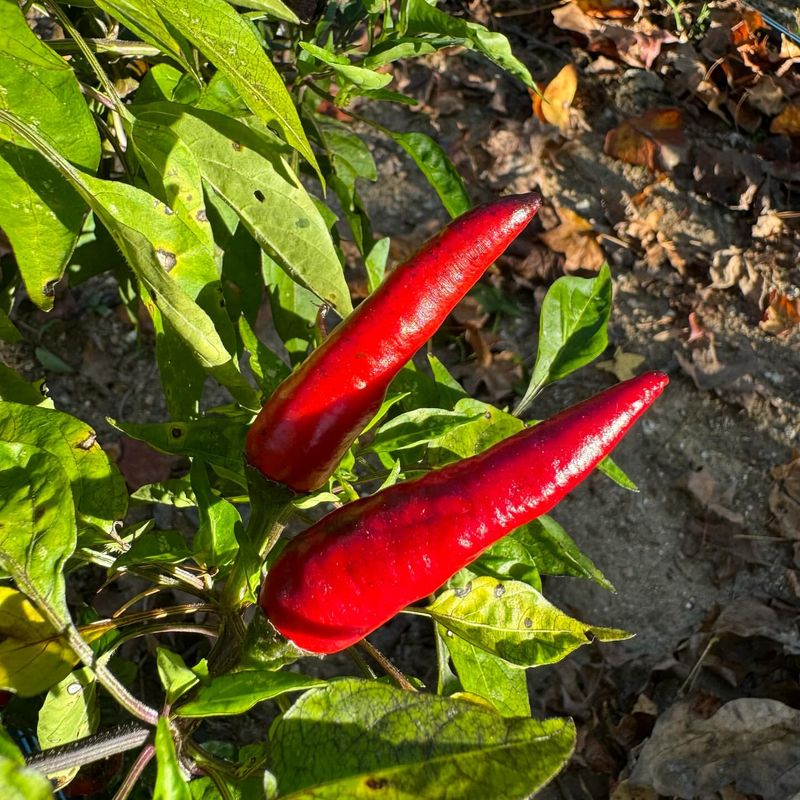
Chili peppers, with their fiery kick and bold flavor, are a smell that deer find intolerable. To humans, they add spice to life, but for deer, the pungent aroma is a strong deterrent. The capsaicin in chili peppers, responsible for their heat, irritates the sensitive noses of deer, making gardens an unattractive dining option.
Gardeners often use chili pepper sprays or scatter dried chili flakes around plants to create a protective barrier. This method is effective in keeping deer at bay while adding a hint of spice to your gardening routine.
6. Vinegar

Vinegar, a household staple for cleaning and cooking, possesses a sharp smell that deer can’t stand. The strong, acidic scent is overwhelming for their sensitive noses, effectively driving them away from areas where it’s applied. For humans, vinegar might evoke thoughts of tangy salads or spotless windows, but for deer, it signals “no entry.”
Many gardeners use vinegar as a natural deterrent by spraying it around plants or soaking rags and placing them strategically in the garden. This simple solution not only repels deer but also provides an eco-friendly alternative to chemical repellents.
7. Human Hair
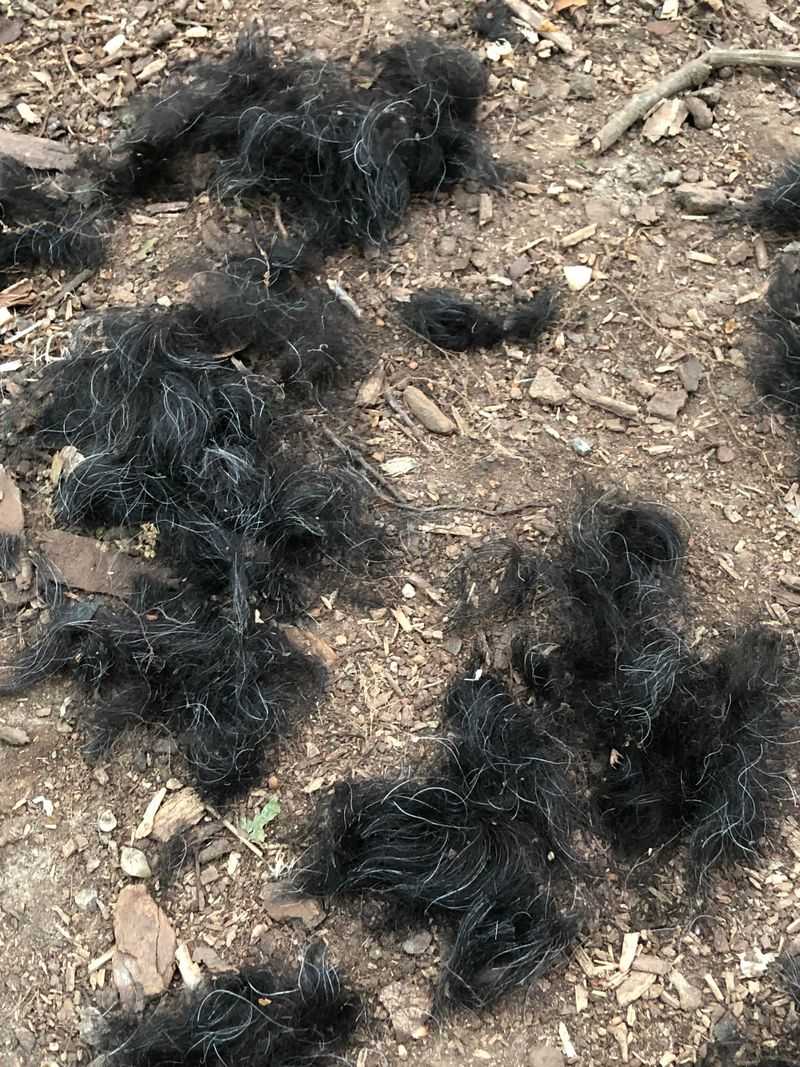
Human hair, easily overlooked as a deterrent, possesses a scent that deer find unsettling. The natural oils and scents from the scalp create an aroma that signals human presence, making deer wary of approaching. This unconventional method has proven effective for many gardeners seeking a natural barrier.
Collecting hair from brushes or salons and spreading it around garden boundaries can help keep these graceful creatures at a distance. It’s a sustainable and cost-effective way to protect plants without resorting to chemicals.
8. Soap

Soap, an everyday item with a varied fragrance range, surprisingly acts as a deterrent for deer. Whether it’s floral, fruity, or herbal, the strong scent of soap confuses deer, keeping them away from gardens. For humans, soap might signify cleanliness and freshness, but for deer, it’s an olfactory mystery best avoided.
Gardeners often hang bars of soap on stakes or trees around their property to create a protective perimeter. This method not only deters deer but also adds a pleasant scent to outdoor areas.
9. Blood Meal

Blood meal, a nitrogen-rich fertilizer derived from animal blood, emits a scent that deer find particularly off-putting. While it’s a boon for gardeners looking to enrich their soil, for deer, it’s a signal to stay away. The strong, earthy aroma of blood meal is reminiscent of predators, triggering an instinctual fear in deer.
Many gardeners use blood meal not only to boost plant growth but also as a natural deer repellent. Sprinkling it around the garden creates a boundary that deer are reluctant to cross.
10. Citrus

Citrus fruits, with their zesty aroma, are another smell that deer find unpleasant. While humans might associate citrus with freshness and vitality, deer perceive it as a scent to avoid. The tangy aroma overwhelms their sensitive noses, creating a natural barrier against their intrusion.
Gardeners often utilize citrus peels or oils to protect their plants, placing them strategically around the garden. This method not only adds a refreshing scent to outdoor spaces but also deters deer effectively.
11. Ammonia
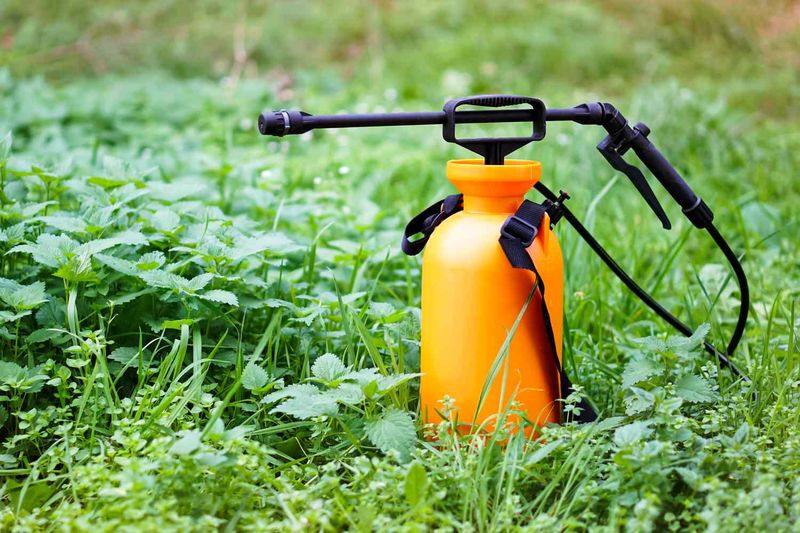
Ammonia, a compound known for its sharp and pungent scent, is another smell that deer find intolerable. While it serves various cleaning purposes for humans, for deer, it’s an overwhelming aroma that sends them running. The intense smell triggers their flight response, making it a useful tool for garden protection.
Gardeners often use ammonia-soaked rags or spray it around plant perimeters to create a deer-free zone. This method is simple yet effective, providing an easy way to safeguard plants from these unwelcome visitors.
12. Pet Fur
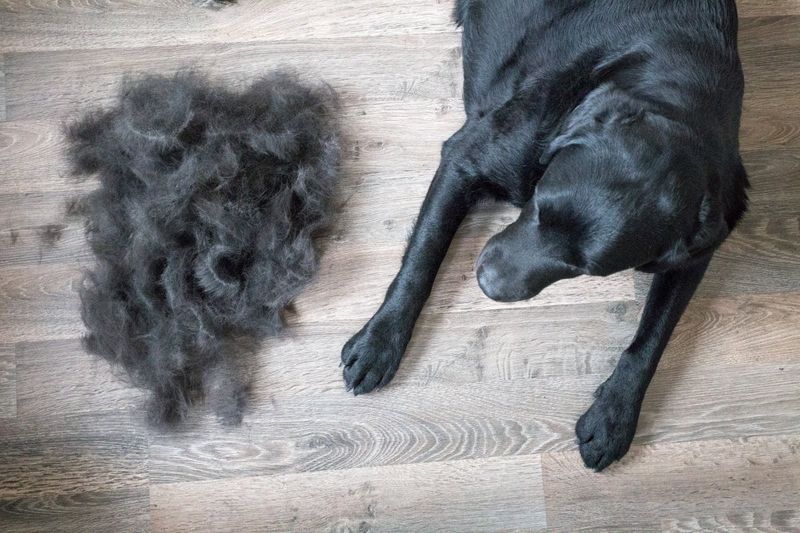
Pet fur, often overlooked as a garden tool, carries a scent that deer instinctively avoid. The natural oils and scents from pets create an aroma that suggests the presence of predators, making deer wary of approaching. This unique method provides a sustainable way to protect gardens while recycling pet grooming waste.
Collecting fur from pets like dogs or cats and spreading it around the garden can help deter deer effectively. It’s a cost-free and eco-friendly solution that leverages what might otherwise be discarded.
13. Coffee Grounds

Imagine the rich aroma of freshly brewed coffee wafting through the air. While humans find this scent invigorating, deer decidedly do not. The scent of coffee grounds can be a powerful deterrent for these animals. Scatter them around your garden, and watch deer keep their distance.
Coffee grounds work by overwhelming a deer’s sensitive sense of smell, masking the enticing scent of plants. Not only do they repel deer, but they also enrich the soil.
As an added benefit, coffee grounds are environmentally friendly, making them a sustainable choice for deterring deer naturally.
14. Eucalyptus Oil
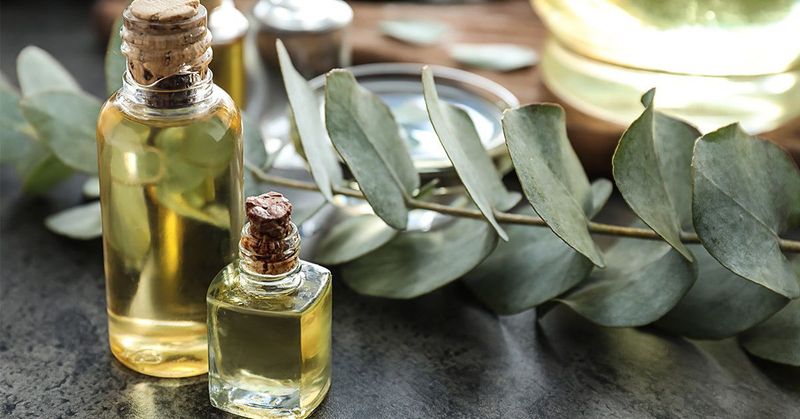
Eucalyptus oil, with its sharp, menthol-like aroma, is another scent that deer simply can’t tolerate. This essential oil’s potent fragrance can make deer scurry away, keeping your plants safe.
Spraying diluted eucalyptus oil around the garden provides a natural barrier against deer. Its strong smell is both a deterrent and a refreshing aroma for humans.
Beyond its repellent properties, eucalyptus oil is also known for its medicinal benefits. By using it, you not only protect your garden but also enjoy a multipurpose tool for wellness.


